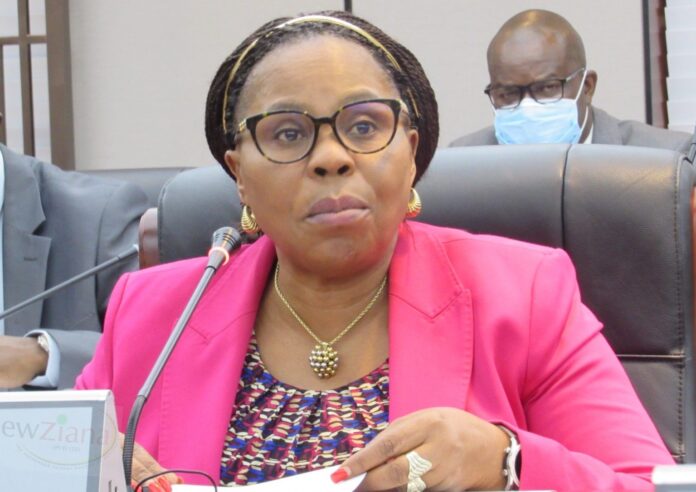
Staff Writer
Government has reviewed passport fees with Zimbabweans now expected to fork out at least US$60 for an ordinary passport.
Addressing journalists in Harare after the 9th Cabinet meeting, Information, Publicity and Broadcasting Services minister Monica Mutsvangwa said Treasury will also provide US$4,5 million for required equipment and consumables.
“Cabinet agreed that measures be taken to deal effectively with the current situation which is affecting locals and Diasporans, alike.
“Thus passport fees were reviewed to US$60; and $200 for a three-day passport issuance, pegged at the average US$:ZW$ exchange rate.
“An emergency 24-hours passport remains pegged at a cost of US$318.00. This will ensure appropriate cost-factored passport revenue. E-Passport fees are pegged at US$80.00.”
She said Cabinet noted that failure to provide passports on time is causing inconveniences to citizens, with the current backlog now at 256 000.
“The passport production factory has an installed production capacity of 8 000 passport booklets per day.
“However, the passport personalisation capacity is way below at 2 500 passports per day, while the installed quality assurance is further down at 2 000 passports per day.
“Foreign currency is required for the off-shore procurement of consumables.”
Mutsvangwa, however, noted that the current fees payable is the local currency are no longer viable due to the fact that the auction exchange rate, when applied to the fees charged translate to unviable returns on expenses.
She said the production cost for a single passport is US$58.55.
Government also assured citizens that that passports issuance services will run uninterrupted until the backlog is cleared.
“The passport issuance shifts will be increased to three in order to expedite production. New machines are being acquired in order to improve operations.
“The training of personnel to work on the passport issuance programme will commence immediately.”
Minister Mutsvangwa said import substitution will be embarked to reduce the imports bill by engaging local industry and the university innovation and industrial hubs.













